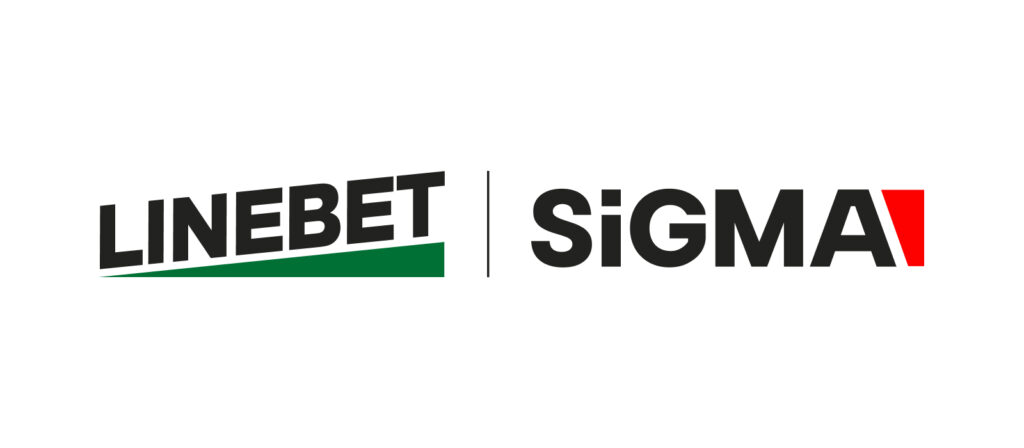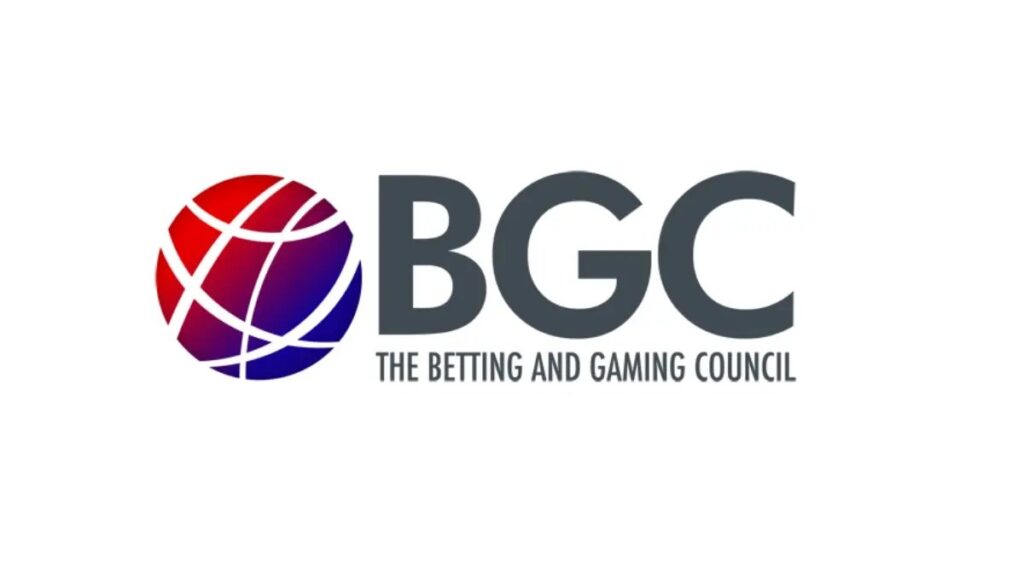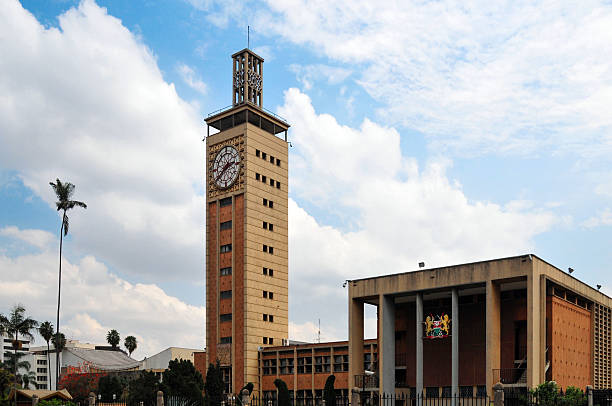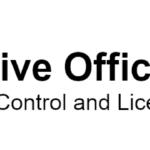Now Reading: Tanzania Gambling Regulation and Laws
-
01
Tanzania Gambling Regulation and Laws

Tanzania Gambling Regulation and Laws
Gambling in Tanzania is a regulated legal industry, governed chiefly by the Gaming Act [CAP. 41 R.E. 2019] and supervised by the Gaming Board of Tanzania (GBT). Since the 1990s, Tanzania gambling regulation has progressively evolved to address both land-based and online gambling activities, aiming to protect players, ensure fair play, and generate government revenue.
This guide covers the gambling regulations and laws in Tanzania, detailing the legal framework, regulatory authorities, licensing processes, types of regulated gambling activities, enforcement measures, and recent reforms aimed at ensuring responsible gaming and enhancing government revenue.
Tanzania Gambling Regulatory Framework
The Gaming Act
- Enacted originally in 2003 and revised up to 2019, the Gaming Act provides the main legal structure.
- It defines “gaming activities” broadly, including card games, betting, sports betting, casinos, lotteries, and arcades.
- It prohibits unlicensed gambling operations with penalties including fines up to TZS500,000, imprisonment up to 12 months, or both.
The Gaming Board of Tanzania (GBT)
- Established under the Gaming Act, effective from 1st July 2003.
- Responsible for issuing licenses, conducting compliance inspections, monitoring operators, and enforcing gambling laws.
- Oversees both land-based and online gambling.
- Licenses are required for all gambling activities; operating without one is illegal.
- Engages in public education campaigns and efforts to combat illegal gambling.
Licensing Requirements in Tanzania
To operate legally within Tanzania’s regulated gambling sector, all individuals or companies must obtain appropriate licenses from the Gaming Board of Tanzania (GBT), the official regulatory authority established under the Gaming Act CAP 41 [R.E. 2019]. The licensing process is stringent and designed to ensure only credible and financially capable operators participate in the market.
Key Eligibility Criteria
- Clean Criminal Record: Applicants must have no criminal convictions related to fraud, dishonesty, or any other serious offence.
- Financial Capacity: Demonstrable proof of adequate funding to meet all operational and financial obligations, including working capital.
- Suitable Premises: Applicants must own or lease gaming premises deemed appropriate by the GBT, whether for land-based casinos, sports betting shops, or slot machine operations.
- Company Registration: Entities must be registered with the Business Registration and Licensing Agency (BRELA) and have a valid Tax Identification Number from the Tanzania Revenue Authority.
- Good Probity Standing: No prior license denials, suspensions, or revocations either within Tanzania or internationally.
- Technical and Compliance Ability: Applicants must show technical know-how, creditworthiness, clean compliance history, and usage of approved technology.
- Minimum Capital Investment: For local companies, a minimum capital of USD 300,000 (or equivalent in Tanzanian Shillings) is required. For foreign companies, the minimum rises to USD 500,000, while mixed ownership structures require at least USD 400,000.
- Documentation: Submission includes audited financial statements, tax clearance certificates, personal declarations, anti-bribery pledges, detailed business plans, and responsible gaming policies.
Types of Licenses Issued
- Casino License (table games and slot machines)
- Slot Machine License (route operators)
- Online Casino and Sports Betting Licenses
- Retail Sports Betting License
- SMS Lottery and National Lottery Licenses
- Manufacturer, Seller, Distributor, and Service Provider Licenses
- Gaming Employee Licenses (support and key personnel)
- Virtual Games License
Licenses typically have a tenure of one year, renewable annually, except for the National Lottery Licence, which lasts eight years.
Applicants submit their applications through the GLICA system (Gaming Licensing, Inspection and Compliance Application), streamlining access and processing.
Read Also: Uganda Gambling Regulations and Laws 2025
Tax Obligations in Tanzania’s Gambling Sector
Tanzania employs a robust, multifaceted tax framework aimed at maximizing government revenue while fostering a transparent business climate for licensed operators.
Key Tax Components
- Gross Gaming Revenue (GGR) Tax: Operators must pay a 25% tax on gross gaming revenue, ensuring a substantial contribution to the national treasury. This is enforced through real-time digital reporting systems linked to the Bank of Tanzania.
- Winnings Tax: Players’ winnings are directly taxed at source:
- 12% on casino winnings
- 10% on winnings from sports betting, withheld by operators and remitted monthly to tax authorities.
- Value Added Tax (VAT) and Other Levies: Additional taxes and levies may apply depending on the nature of gaming activities and services rendered.
- Tax Clearance and Registration: All gaming operators must register with the Tanzania Revenue Authority and obtain tax clearance certificates as proof of compliance before and during operations.
Recent Reforms and Revenue Goals
The government aims to raise significant revenue (projected TZS 29.89 billion in 2025/26) through expanded licensing and stricter regulation.New regulations introduced in 2022 updated licensing fees, compliance requirements, and penalties.
The government also introduced public awareness campaigns target responsible gambling and the prevention of problem gambling, especially focusing on youth.
Why iGaming Brands Should Invest in Tanzania: Growth Indicators
- Youthful Demographics: Over 60% of Tanzania’s 67 million people are under 34—a massive, sports-oriented market primed for digital betting.
- Digital Penetration: 20+ million internet users and mobile-first payment solutions drive iGaming growth. Internet penetration is projected to hit 80% as the government’s national fiber grid reaches rural areas.
- Market Expansion: With over 40 active iGaming brands and 14,000+ licences issued annually, Tanzania’s betting sector is Africa’s rising star—ranking sixth globally in eFTD (electronic first-time deposit) volumes.
- Favourable Environment: Robust regulations, a transparent tax regime, and real-time tax technology give brands regulatory security and predictable returns.
- Government Support: Major infrastructure investments and progressive gaming laws enable fast, secure business entry, and vibrant sectoral growth.
Final Thought
Tanzania stands as a model for balanced gambling regulation on the African continent—a place where technological progress, responsible oversight, and commercial opportunity co-exist. For both local and international iGaming brands, the country offers not just compliance and order but remarkable growth potential, underpinned by one of Africa’s most forward-thinking regulatory landscapes.
Read Also: Malawi Gambling Regulations 2025: A Complete Guide












